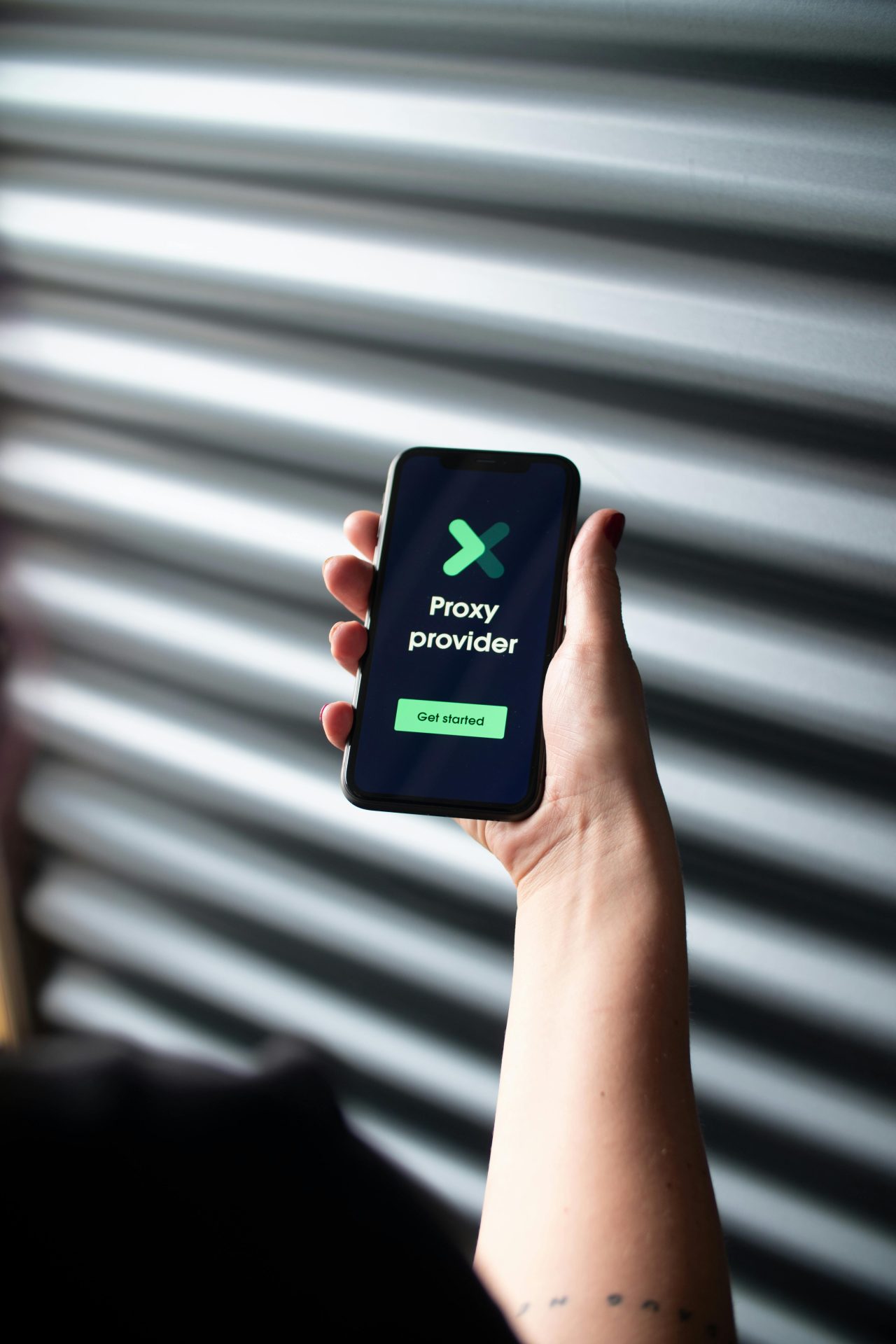
Proxy Technology Becomes Backbone of Digital Privacy Infrastructure
Have you ever wondered how some people access blocked websites or hide their online activity? The answer often lies in a proxy server. But what exactly is a proxy, and how does it work?
In this guide, we’ll break down proxy servers in simple terms—no tech jargon, just clear explanations. By the end, you’ll understand how proxies function, why people use them, and even how to set up a proxy server if you ever need one.
What Is a Proxy Server?
A proxy server acts as a middleman between your device and the internet. Instead of connecting directly to a website, your requests go through the proxy first. The proxy then fetches the data and sends it back to you.
Think of it like ordering food through a delivery app—you don’t go to the restaurant yourself; the app picks it up for you. Similarly, a proxy handles your internet requests while keeping your identity (your IP address) hidden.
How Does a Proxy Server Work?
Here’s a step-by-step breakdown of what happens when you use a proxy:
- You Send a Request – When you try to visit a website, your request first goes to the proxy server instead of directly to the site.
- Proxy Processes the Request – The proxy evaluates your request. Some proxies may cache (store) frequently accessed data to speed up future requests.
- Proxy Connects to the Website – The proxy forwards your request to the target website, masking your real IP address in the process.
- Website Sends Data Back to Proxy – The website sees the proxy’s IP, not yours, adding a layer of privacy.
- Proxy Delivers the Data to You – Finally, the proxy sends the website’s response back to your device.
This whole process happens in seconds, making it seamless for everyday browsing.
Why Do People Use Proxy Servers?
Proxies aren’t just for tech experts—they serve many useful purposes:
✅ Privacy & Anonymity – Hide your real IP address from websites.
✅ Access Blocked Content – Bypass geo-restrictions (e.g., watching Netflix libraries from other countries).
✅ Improved Security – Some proxies filter malicious traffic before it reaches you.
✅ Faster Load Times – Caching proxies store copies of websites to load them quicker.
✅ Web Scraping & Automation – Businesses use proxies to gather data without getting blocked.
Types of Proxy Servers
Not all proxies are the same. Here are the most common types:
1. HTTP Proxies
- Designed for web traffic.
- Good for accessing websites anonymously.
2. SOCKS Proxies (SOCKS5)
- More versatile—works with any internet traffic (games, streaming, etc.).
- Slower than HTTP proxies but more flexible.
3. Transparent Proxies
- Often used by schools or workplaces to monitor traffic.
- Doesn’t hide your IP—just filters content.
4. Residential Proxies
- Use real IP addresses from home users (harder to detect).
- Great for sneaker bots or ad verification.
5. Datacenter Proxies
- Faster but easier to detect (used for bulk tasks like scraping).
Proxy vs. VPN: What’s the Difference?
Many people confuse proxies with VPNs, but they’re not the same:
| Feature | Proxy Server | VPN |
| Encryption | Usually none | Full encryption (secure) |
| Speed | Faster (no encryption overhead) | Slower (due to encryption) |
| Coverage | Works per app/website | Encrypts all internet traffic |
| Use Case | Browsing, scraping, bypassing blocks | Privacy, security, torrenting |
TL;DR: Use a proxy for quick anonymity (like accessing a blocked site) and a VPN for full security (like protecting your data on public Wi-Fi).
How to Set Up a Proxy Server
If you’re curious about trying a proxy, setting one up is easier than you think. Many browsers and operating systems support proxy configurations. You can either:
- Use a free/paid proxy service (just enter their proxy IP and port in settings).
- Set up your own proxy server (for advanced users).
If you need a step-by-step guide, check out this tutorial on how to set up a proxy server.
Final Thoughts
Proxy servers are powerful tools for privacy, bypassing restrictions, and optimizing web traffic. While they’re not as secure as VPNs, they’re faster and great for specific tasks like scraping or accessing blocked content.
Now that you understand how proxy servers work, you can decide if they’re right for your needs.



 Bitcoin
Bitcoin  Ethereum
Ethereum  Tether
Tether  XRP
XRP  USDC
USDC  Solana
Solana  TRON
TRON  Lido Staked Ether
Lido Staked Ether  Cardano
Cardano  Avalanche
Avalanche  Toncoin
Toncoin